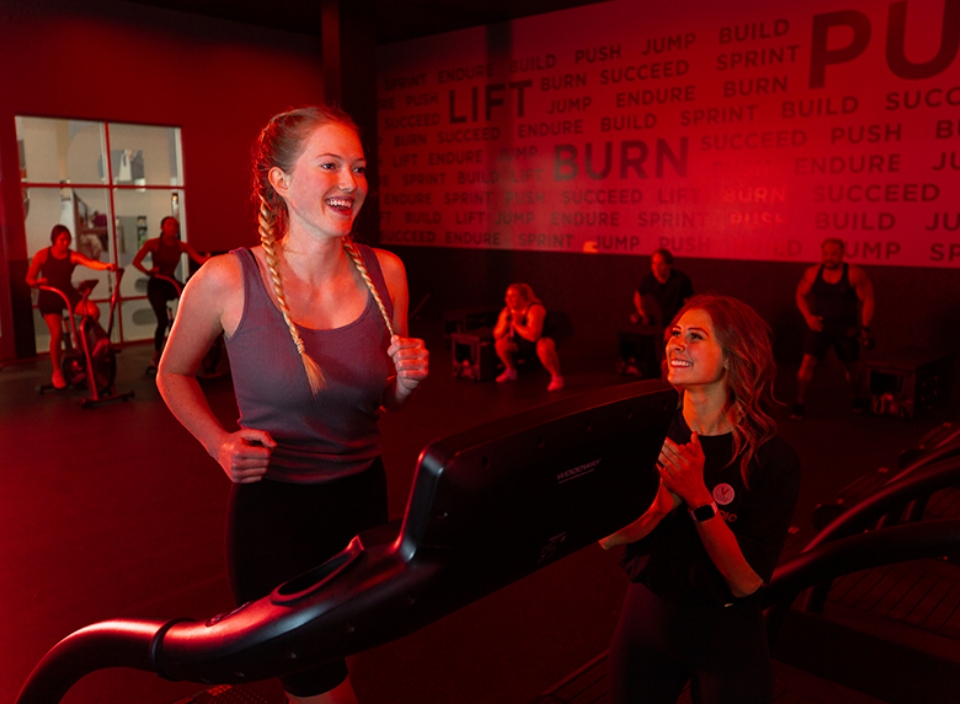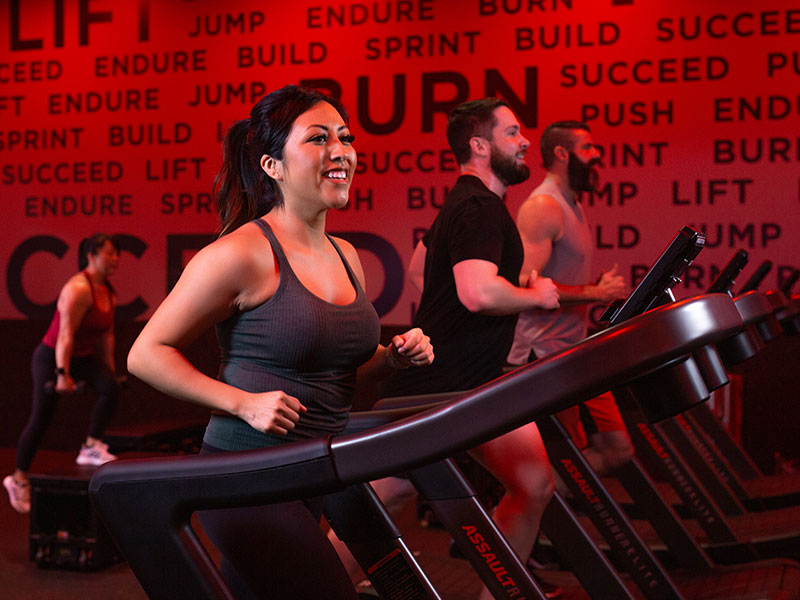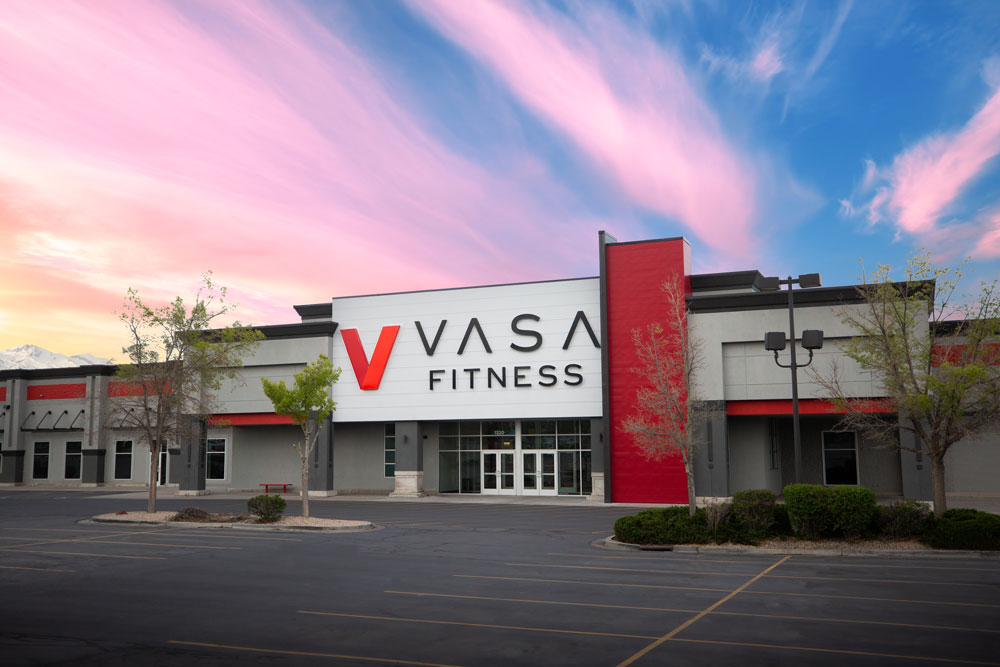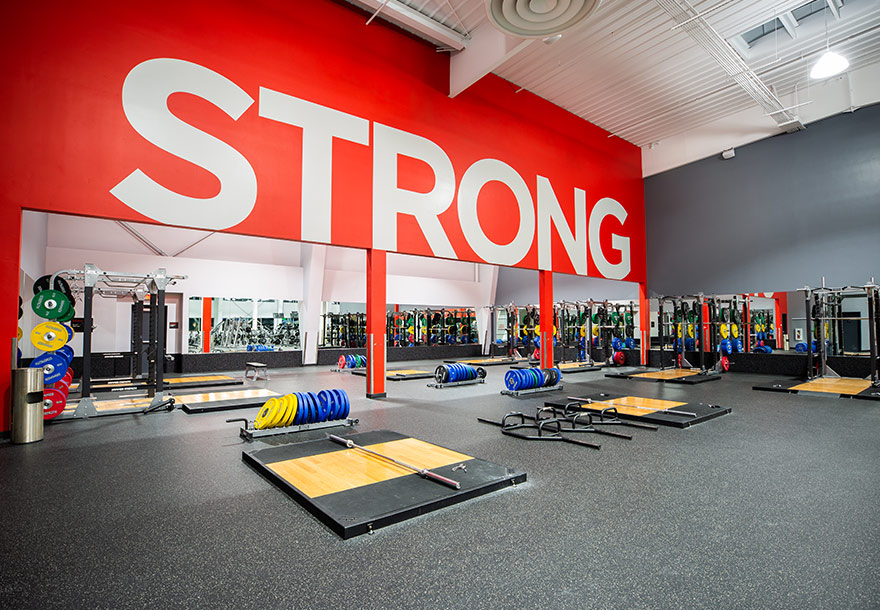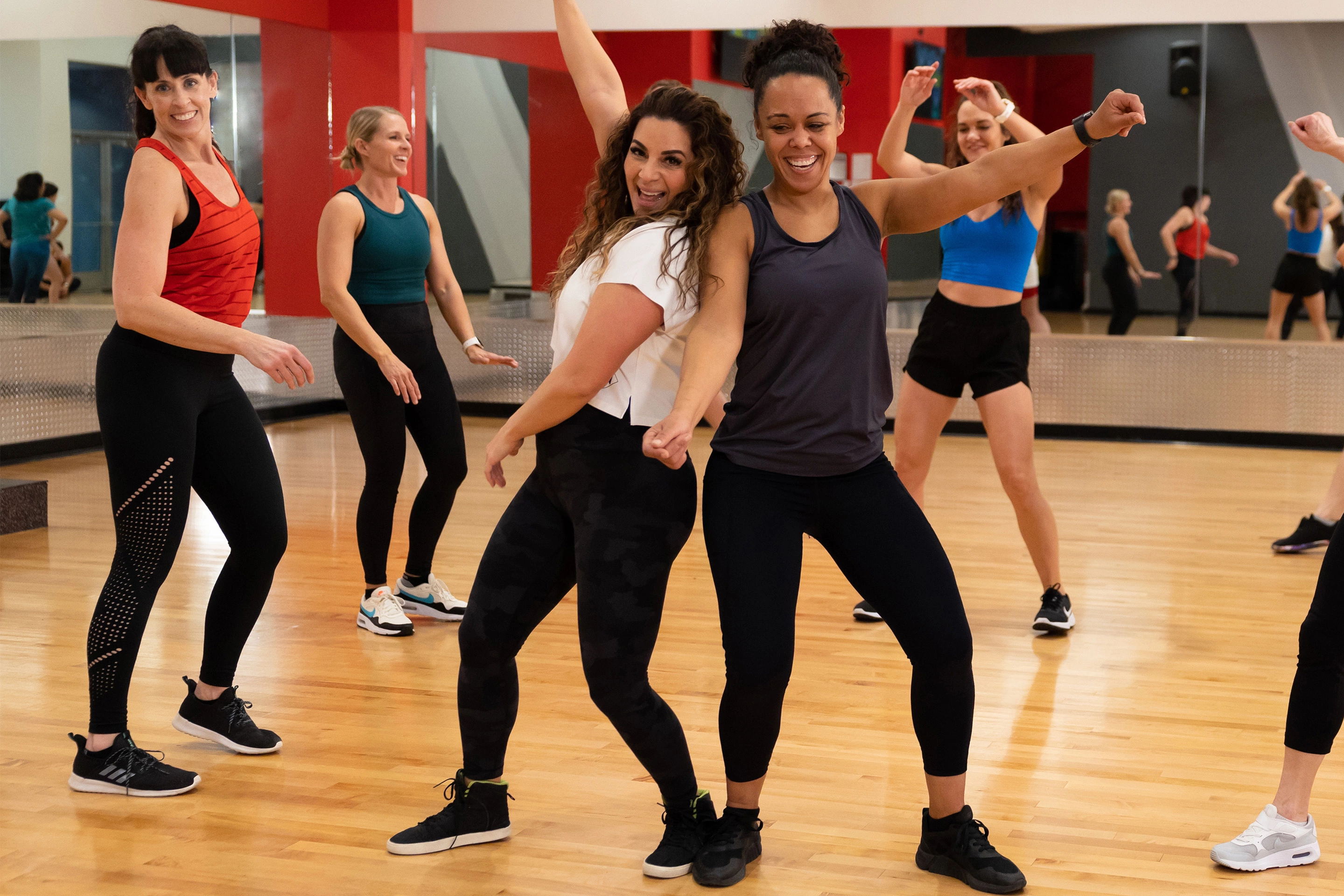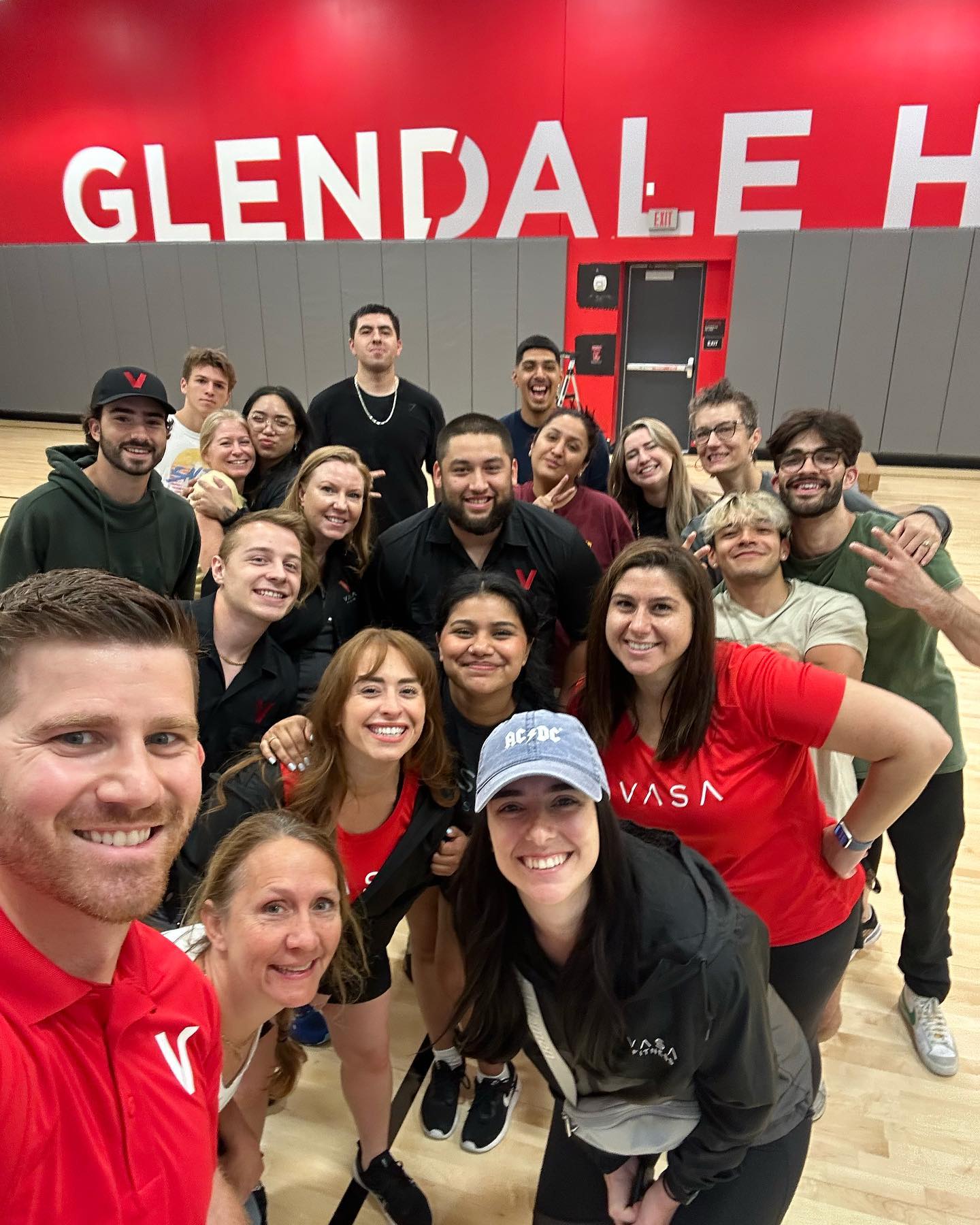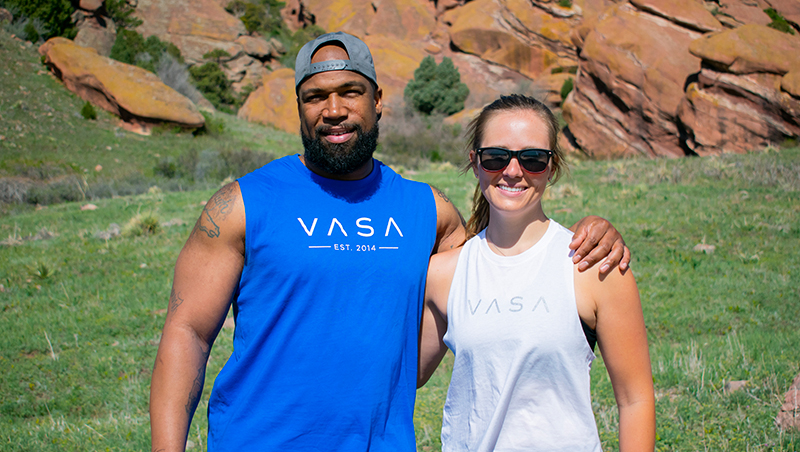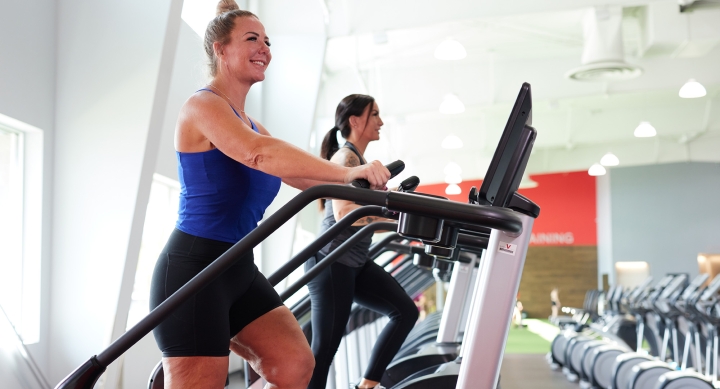Taking a day off from exercise is necessary to recover from challenging workouts. But when a day off turns into weeks, you’re putting yourself at risk of losing strength, muscle, and endurance. Gaining muscle is hard to do, even when diet and training are optimized. Months spent building strength can quickly be lost if training stops, or insufficient calories are eaten to support the new muscle you’ve gained.
Muscles Require Calories
Eating enough food, especially protein, helps the body repair damaged tissue caused from lifting heavy weights and builds new muscle mass during days spent away from the gym. When calories are suddenly restricted, the body will use its caloric resources, including protein, for energy, meaning your muscles are typically the last to be fueled because your body prioritizes fueling the brain and other vital organs to stay alive.
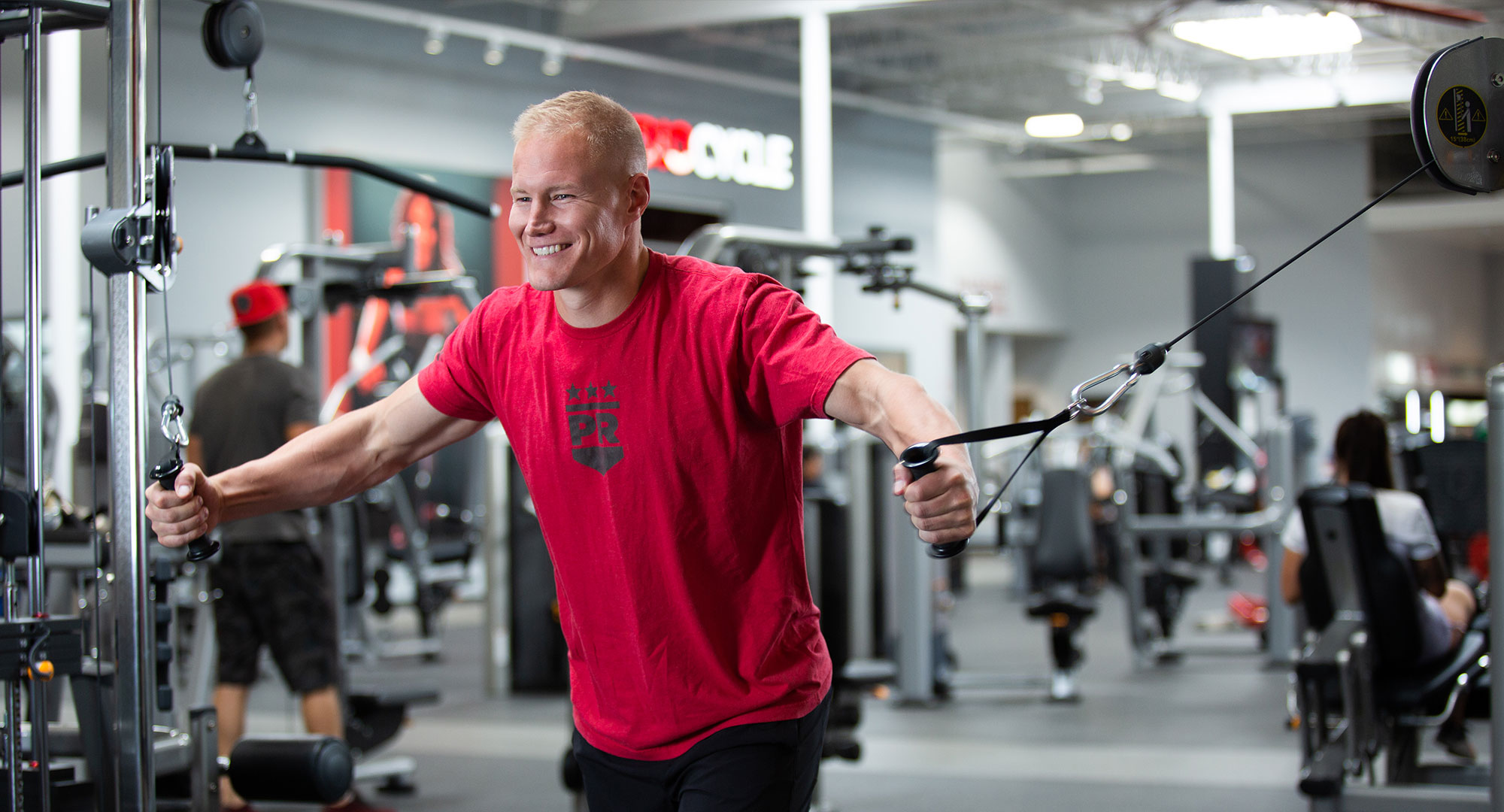
If You Don’t Use It, You Lose It
When strength training is paused for more than three to five days, the body will begin to adjust to the lack of stimulus (exercise) because it recognizes there is no need to grow muscle tissue . Since the human body is such an intelligent organism, it adapts to things that are consistently done (and, in this case, not done). The first and most noticeable loss will be in muscle size; this is due to a decreased need for the muscle to store water and glycogen, which are required when the muscle is being trained.
Muscle fibers tend to hang on to their size for a few weeks after workouts are missed, so even a week away from the gym won’t kill your gains. However, the longer you stay away from the gym, the more strength and size you’ll lose. When age is added to this equation, strength and muscle size are lost exponentially faster. Muscle tissue is lost at about three to eight percent per year after the age of 30 years old if there are no strength training interventions used. That means by the time someone reaches their 70s, they may only be half as strong or less than they were in their 30s. Sarcopenia, or the unintentional loss of muscle, will affect 50% of people by age 50.
However, due to its highly neurological nature, the body will regain strength much faster if someone has trained for a longer time. Gains made by someone who is new to the gym are more easily lost because that strength hasn’t quite been ingrained into the central nervous system or aided by additional muscle tissue.
Endurance
Cardiovascular endurance is lost at a much faster rate. Even taking a week or two away from cardio will leave you more breathless than before . Long, slow endurance activities like running and cycling take the biggest hit from time away, while activities like sprinting or high-intensity work aren’t harmed too much.
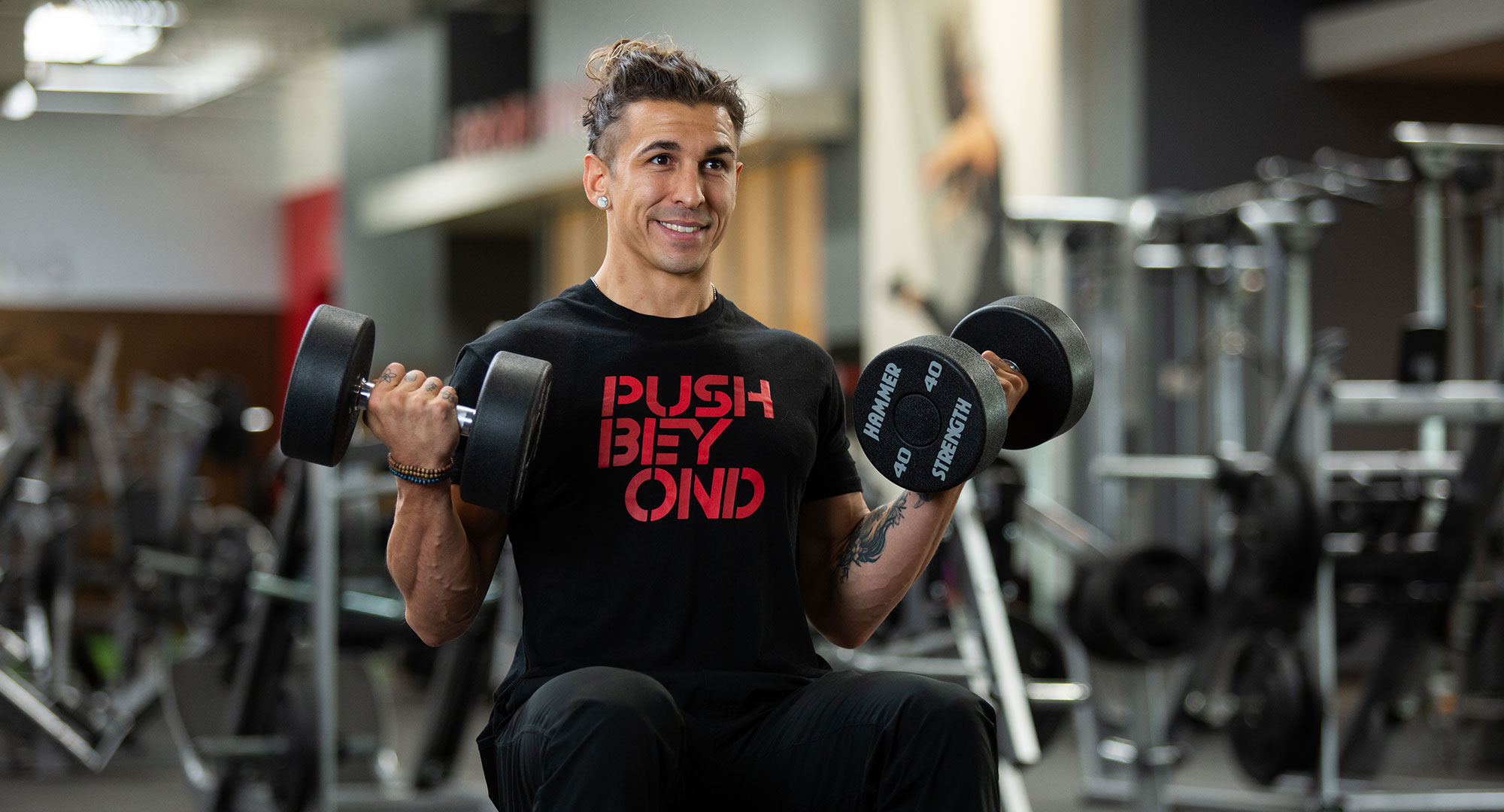
Short Breaks Are Ok
It’s ok to take a break from the gym, especially for vacations, injuries, schedule conflicts, and family commitments, but these are typically short-lived. The goal should always be to get back to working out as quickly as possible because strength and endurance significantly impact our quality of life outside the gym. Older people are at an even higher risk of decreased quality of life and health, which means maintaining an exercise routine is imperative.
Train Non-Injured Body Parts
Even if an injury occurs, especially to an arm or leg, workouts can continue utilizing the non-affected body parts. You may have to make modifications, but the training will transfer slightly to the injured area to prevent complete loss of strength and muscle mass. This concept is called “cross-education.” Strength maintenance in the injured area can happen due to the neurological nature of strength training .
Whether you take time away for a fun beach vacation or are busy with life, you won’t lose strength and muscle quickly. But if that time away from the gym continues to grow, you’re putting all the gains you worked so hard for at risk. If you’ve been away from gym for a while or need help finding ways to avoid long breaks, VASA has a team of certified Personal Trainers in each location who can help! Schedule your free Personal Training Consultation to determine your current fitness level and to receive a personalized plan to help you on your fitness journey.
SUBSCRIBE TO OUR BLOG
Enter your email to start receiving our blog emails!
